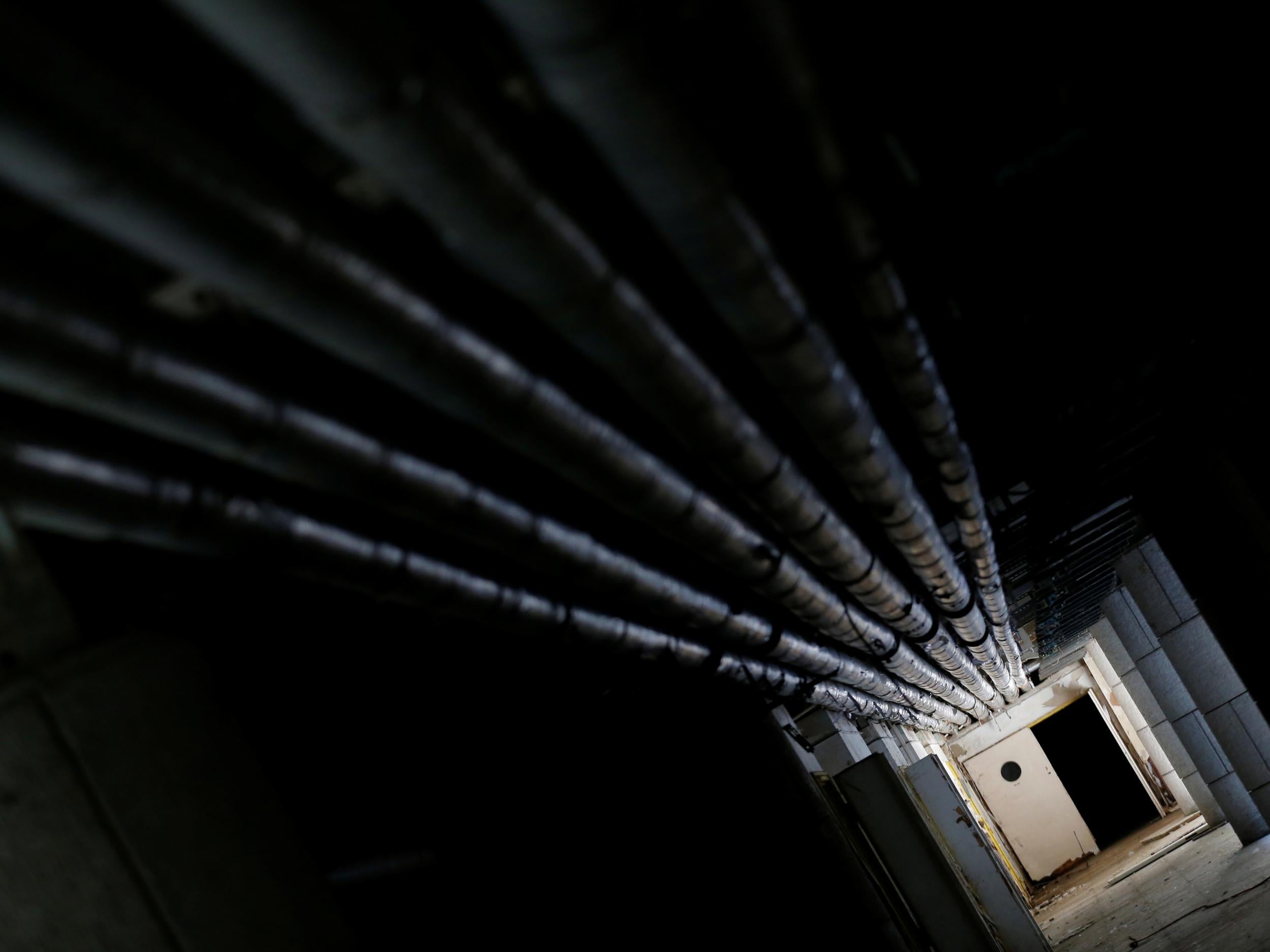Inside Budapest's abandoned Soviet military hospital
Since 1991, when it was abandoned by the Russians, this ex-Soviet medical institution in Hungary has remained derelict. A series of photographs explores the eery, abandoned buildings, which housed Red Army soldiers as patients

Your support helps us to tell the story
From reproductive rights to climate change to Big Tech, The Independent is on the ground when the story is developing. Whether it's investigating the financials of Elon Musk's pro-Trump PAC or producing our latest documentary, 'The A Word', which shines a light on the American women fighting for reproductive rights, we know how important it is to parse out the facts from the messaging.
At such a critical moment in US history, we need reporters on the ground. Your donation allows us to keep sending journalists to speak to both sides of the story.
The Independent is trusted by Americans across the entire political spectrum. And unlike many other quality news outlets, we choose not to lock Americans out of our reporting and analysis with paywalls. We believe quality journalism should be available to everyone, paid for by those who can afford it.
Your support makes all the difference.Time stands still in a former Soviet military hospital in Budapest which was abandoned when the last Russian troops left Hungary in 1991.
Soldiers wounded in Afghanistan were among those treated here. Now, the 70,000sq m- (17-acre) complex lies derelict – its walls crumbling, its floors torn up, its windows broken.
Traces of the Russian presence are everywhere. In one of the apartments where doctors and soldiers lived with their families, a copy of the Russian newspaper Komsomolskaya Pravda has been left behind.
It dates from 20 November 1988 and the front page details a visit by Mikhail Gorbachev to India – a memento of the final years of communism under the last leader of the Soviet Union.
In one room, health records and empty medicine bottles lie scattered on the floor. A document reveals that a Russian soldier named Sergei G, who was born in 1962 and served as a driver, was brought to the hospital in 1983 with severe burns on his hands and neck.
It is not clear whether his wounds were from the war in Afghanistan, which the Soviet Union invaded in 1979, or what eventually became of him.
First opened in 1904 as a private mental institution, the hospital was occupied by the Red Army as it advanced against the Nazis in 1945. New buildings, including a huge surgery department, were added later.
Now they are eerily quiet, with only pigeons flying in and out. Water drips from the ceilings of the operating theatres.
With the fall of communism across Eastern Europe and the collapse of the Warsaw Pact military alliance, Moscow brought home its troops from around the region.
But Laszlo Hajdu, 70, mayor of the Budapest district where the hospital is located, said that in 1991 the Hungarian government was not willing to pay the Russians compensation for what they had invested in the hospital.
“They packed everything in rail carriages and left the bare walls to us,” Hajdu says. “We said farewell to them in June 1991 with vodka, according to Russian customs, and they left in tears ... I was there when we took over the buildings.”
That marked the start of a long saga of changing ownership rights, and searches – still unresolved – to find new investors.
Locals still remember the days when they lived next to the Soviet military complex.
“Soldiers were treated here, there was a tall, white stone wall surrounding the buildings and they peeked over the fence ... We were not allowed into the territory of the hospital,” says Margit Arkos, 63.
“When they left, there was a big sale, nearly everyone living around here bought chairs, sofas,” she says. “It’s incredible that nearly 30 years have passed, and they have still not been able to decide what should happen to this hospital.”
Join our commenting forum
Join thought-provoking conversations, follow other Independent readers and see their replies
Comments